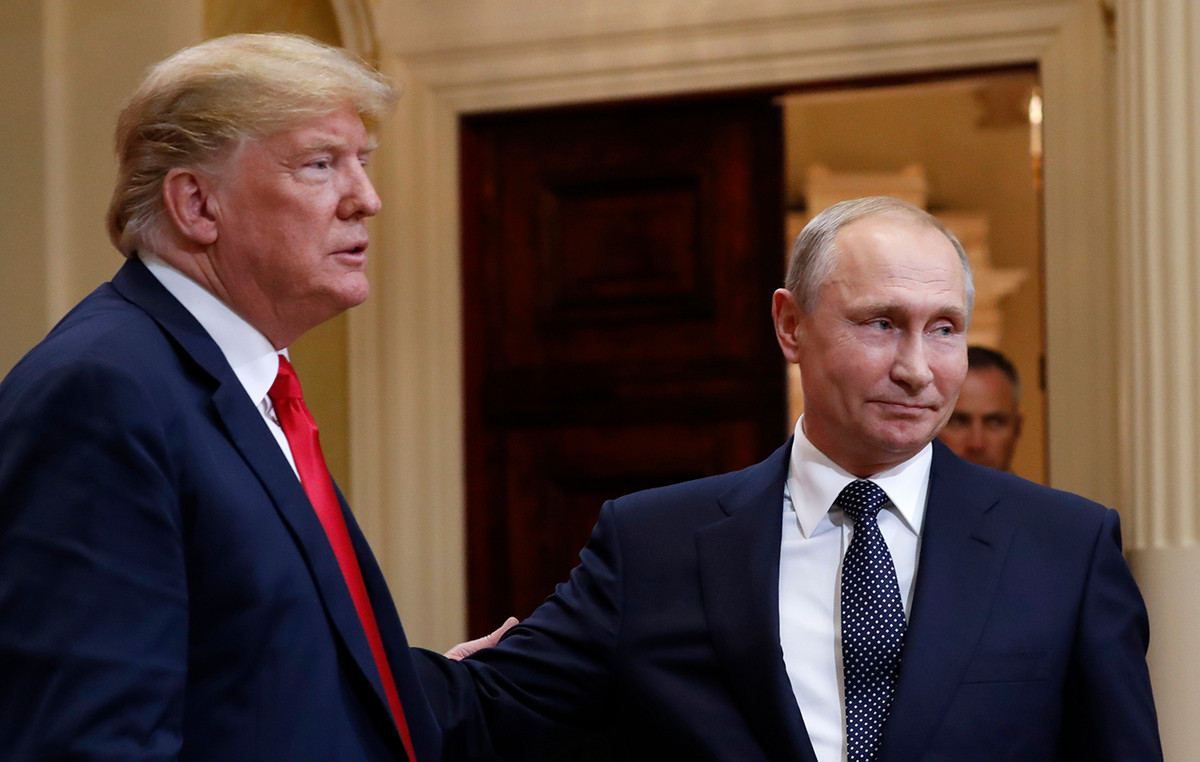Of Tasos Dasopoulos
Their proposal for the changes proposed jointly by Spain and the Netherlands, will be presented at today’s ECOFIN, trying to push the rest, in solutions that create fiscal space, so that even heavily indebted countries like Greece can support their economies.
The text of the proposal, which was leaked to a section of the European press and signed by Spanish Finance Minister Nadia Calvino and her Dutch counterpart Zigrid Kaag, discusses two key changes to the debt criteria, such as we know it today.
The first concerns the rigid rule for a debt ceiling of 60% of GDP and the annual liability of over-indebted countries for an annual reduction of 1/20 of the debt over 60%. Spain and the Netherlands call for the general rule to be replaced by a specialized adjustment program for each of the heavily indebted states.
For Greece, for example, the proposal should agree on a milder rate of debt de-escalation, leaving room for the economy to grow by creating reasonable primary surpluses, which in turn will accelerate debt reduction as a percentage of GDP. .
This change is in line with the plan that the Commission is preparing to propose, when the debate on changes to the Stability and Growth Plan finally begins.
Public investment
The second change proposed by the two countries, which until now had a completely different view of fiscal stability (the Netherlands was identified with Germany and the other Nordic countries and Spain with the European South), is the fiscal approach to public investment.
In particular, Spain and the Netherlands suggest that public spending on investment by Member States should not be measured by debt and deficits. The rationale for this change is that in the current context of the energy crisis and high inflation, such a move can achieve two goals:
The first is to encourage more public investment, which can help speed up the recovery from fossil fuels, so that energy crises like the one we are experiencing today are not repeated.
The second, equally important – probably Dutch thought – is that by excluding public investment spending from debt and deficit, Member States (even those heavily indebted like Greece) will suddenly have fiscal space to support businesses and households in both current and future crises.
With the example of our country again, the adoption of such a change, would automatically create a budget space of 11 billion for this year, since the public investment budget will reach the end of 2022.
Warm welcome
The contribution of colleagues is useful, but we will discuss the issue when the time comes. There are other countries that want changes to the pact. That was roughly the response from Economic Affairs Commissioner Paolo Gentiloni when the issue was raised after yesterday’s Eurogroup.
This, despite the fact that he is preparing to propose the specific fiscal adjustment plans by country, as a proposal of the committee. According to reports, this confrontation is the result of the Nordic countries (with the exception of the Netherlands), which are trying to postpone as much as possible the discussion on the changes to the Stability Pact.
In particular, they do not want such a debate to start in the midst of the energy crisis, as there are risks that positions will be adopted that will eventually lead to a very loose fiscal framework for the EU.
Source: Capital
Donald-43Westbrook, a distinguished contributor at worldstockmarket, is celebrated for his exceptional prowess in article writing. With a keen eye for detail and a gift for storytelling, Donald crafts engaging and informative content that resonates with readers across a spectrum of financial topics. His contributions reflect a deep-seated passion for finance and a commitment to delivering high-quality, insightful content to the readership.







